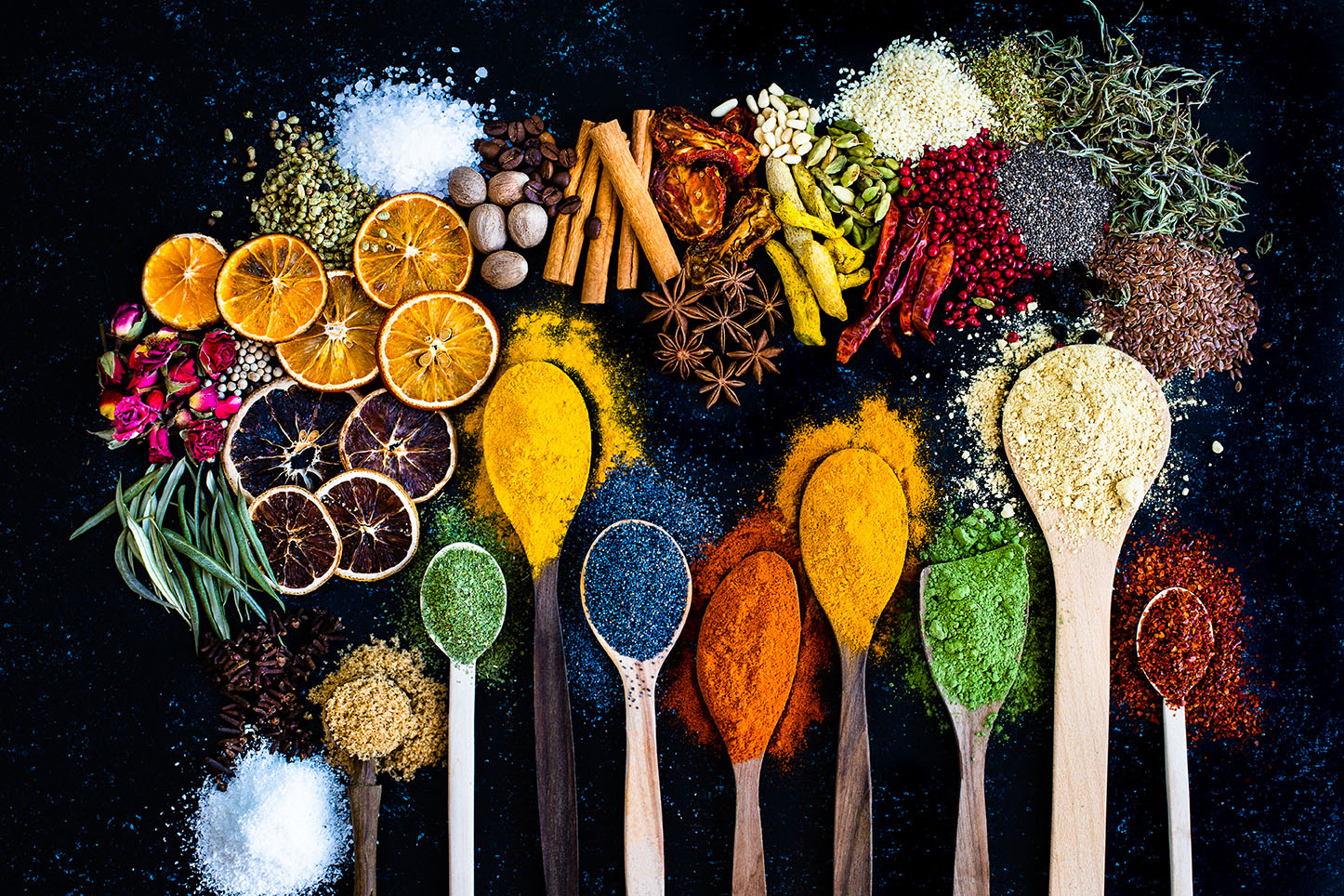

The flavour is the combination of taste, smell, and other sensory experiences that we perceive when we eat or drink something. It is a complex phenomenon that is influenced by many factors, including the chemical composition of the food, the temperature of the food, and our own personal preferences.
There are five basic tastes: sweet, sour, salty, bitter, and umami. These tastes are detected by the taste buds on our tongues. The smell is also an important part of the flavour. The smell of food is detected by olfactory receptors in our noses. These receptors send signals to our brain, which interprets them as different smells.
Other sensory experiences that can contribute to flavour include the texture of food, the temperature of food, and the way that food looks. For example, the crunchy texture of an apple contributes to its flavour, as does the cool temperature of a glass of lemonade.
The flavour of the food was delicious.

Noun: flavour.
Verb: flavour.
Adjective: flavourful, flavourful.
Adverb: flavourfully, flavourful.
The word "flavor" is derived from the Old French word flaor, which means "taste". The Old French word flaor is thought to be cognate with the Latin word flōs, which also means "taste".
What is flavour?